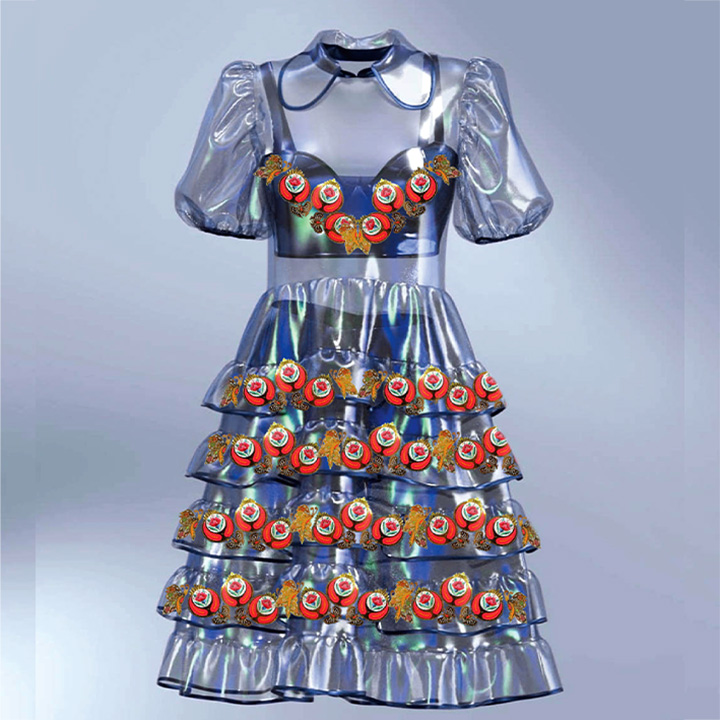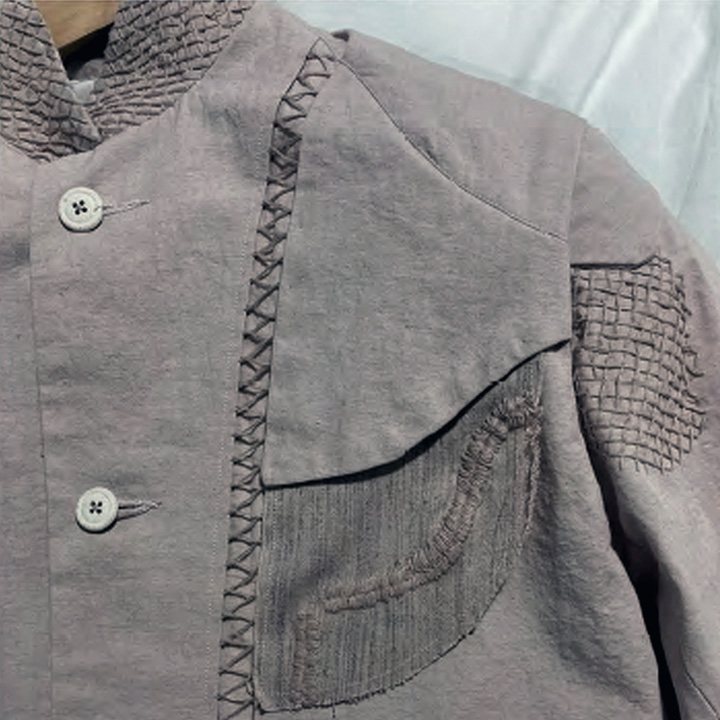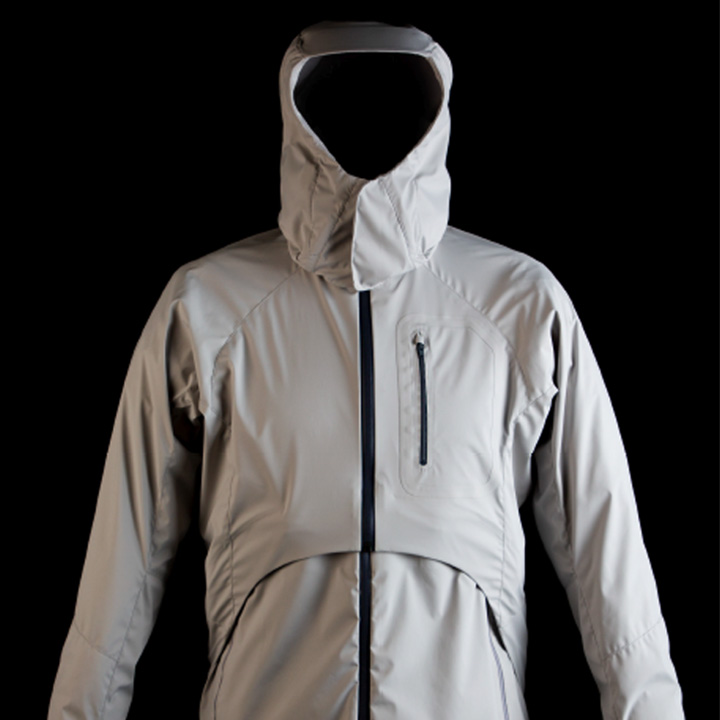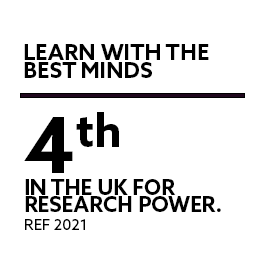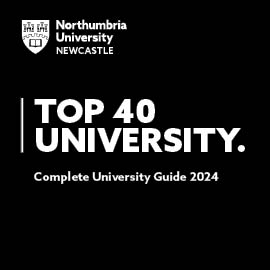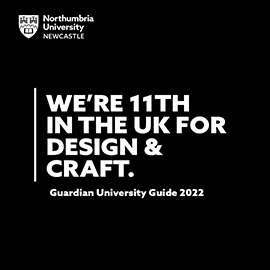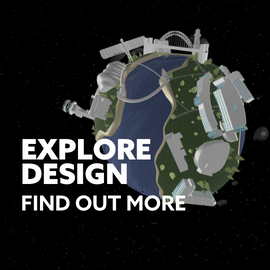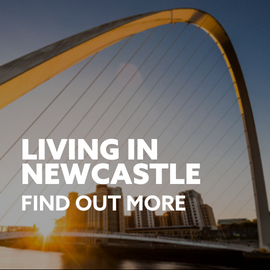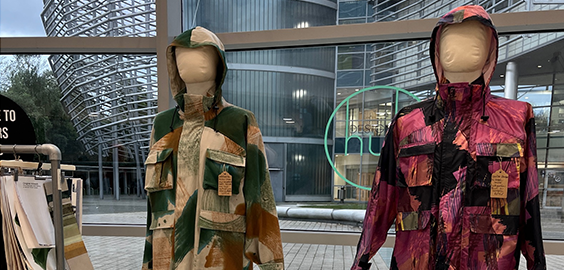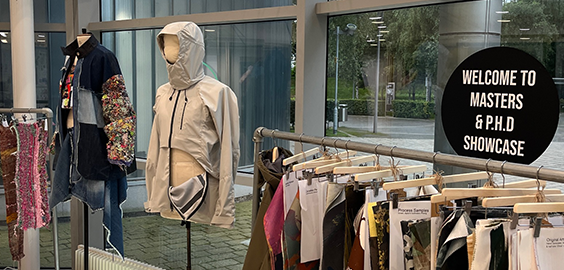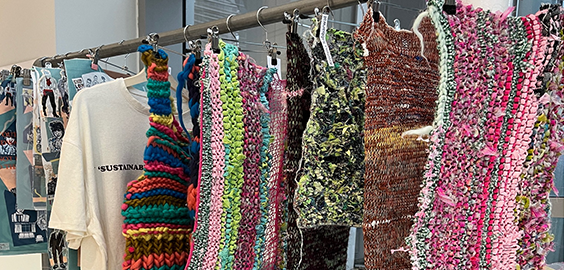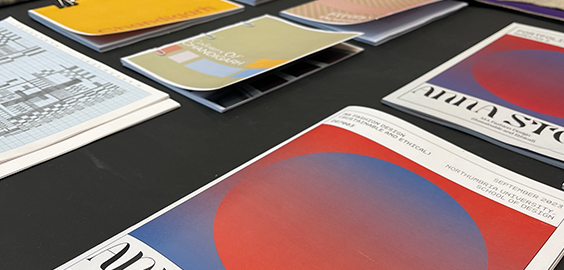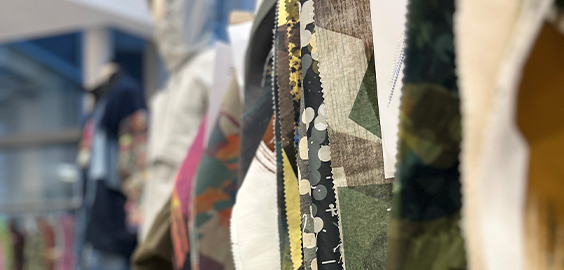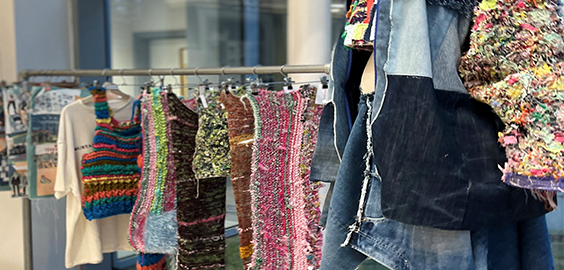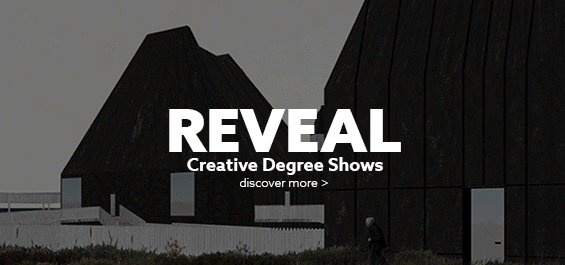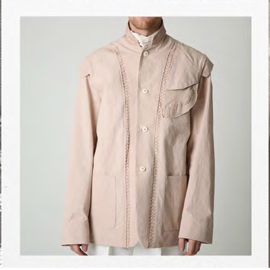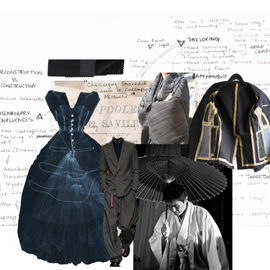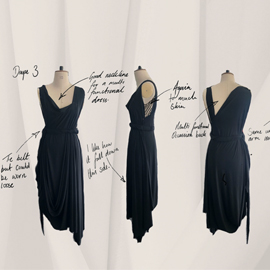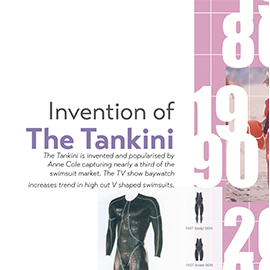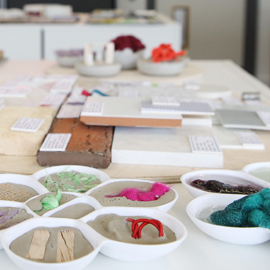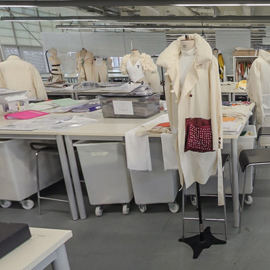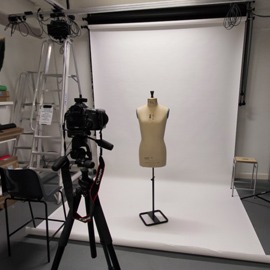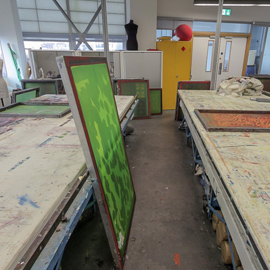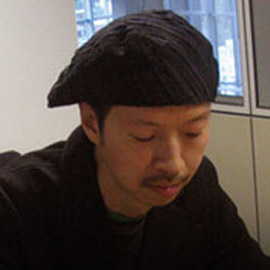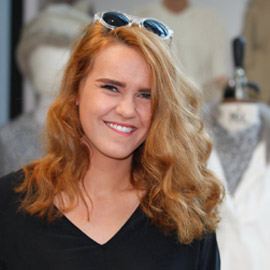-
Study
Study
Interested in studying at Northumbria? With 31,500 students, Northumbria is one of the largest universities in the country, offering courses on either a full-time, part-time or distance learning basis.
Discover more-
Undergraduate
- Undergraduate Study Degree
- Undergraduate Open Day & Events
- Application Guides
- Northumbria University UCAS Exhibitions
- Foundation Years
- Undergraduate Fees & Funding
- School & College Outreach
- Continuing Professional Development
-
Postgraduate
- Postgraduate Study Degree
- Postgraduate Research Degrees
- Postgraduate Open Days and Events
- Postgraduate Fees & Funding
- Flexible Learning
- Thinking about a Masters?
- Continuing Professional Development
- Change Direction
-
Student Life
- The Hub - Student Blog
- Accommodation
- Life in Newcastle
- Support for Students
- Careers
- Information for Parents
- Students' Union
- Northumbria Sport
-
-
International
International
Northumbria’s global footprint touches every continent across the world, through our global partnerships across 17 institutions in 10 countries, to our 277,000 strong alumni community and 150 recruitment partners – we prepare our students for the challenges of tomorrow. Discover more about how to join Northumbria’s global family or our partnerships.
Discover more-
Applying to Northumbria
- European Union
- Our London Campus
- Northumbria Pathway
- International Events
- Entry Requirements
- Agent Network
-
Northumbria Language Centre
- Faculty Requirements
- Acceptable English Requirements
- Pre-Sessional English and Study Skills
- Academic Language Skills Programmes (ALS)
-
International Fees, Funding & Scholarships
- International Undergraduate Fees
- International Undergraduate Funding
- International Masters Fees
- International Masters Funding
- International Postgraduate Research Fees
- International Postgraduate Research Funding
- International Money Matters
-
Life at Northumbria
- International student support
- The Hub - Student Blog
- Careers
-
International Mobility
- Current Northumbria Students
- Incoming Exchange Students
-
-
Business
Business
The world is changing faster than ever before. The future is there to be won by organisations who find ways to turn today's possibilities into tomorrows competitive edge. In a connected world, collaboration can be the key to success.
Discover more -
Research
Research
Northumbria is a research-rich, business-focused, professional university with a global reputation for academic quality. We conduct ground-breaking research that is responsive to the science & technology, health & well being, economic and social and arts & cultural needs for the communities
Discover more -
About Us
-
About Northumbria
- Our Strategy
- Our Staff
- Our Partners
- Student Profiles
- Alumni Profiles
- Leadership & Governance
- Academic Departments
- University Services
- History of Northumbria
- Contact us
- Online Shop
-
-
Alumni
Alumni
Northumbria University is renowned for the calibre of its business-ready graduates. Our alumni network has over 236,000 graduates based in 178 countries worldwide in a range of sectors, our alumni are making a real impact on the world.
Discover more - Work For Us
You will learn concepts and principles of design thinking delivered in three knowledge portfolios; creative thinking, research principles and contemporary influences on design, these fields of knowledge are supported and informed by academic staff research specialisms.
Creative thinking methods will enable you to frame problems from multiple perspectives and synthesise new opportunities and possibilities from interrelated factors. You will develop a practical knowledge of advanced design research methods. Through contemporary influences you will learn to situate design in the contemporary world and identify the impact of external factors on your own design practice.
The underpinning knowledge and understanding will be applied in the context of a team project with industry or other collaborating organisation, which will help you learn effective ways of working in multi-cultural/multi-disciplinary teams. Recent industrial collaborations have included Procter and Gamble, The Centre for Process Innovation National Centre for Printable Electronics and the Academic Health Science Network.
Through this module you will learn about three fields of design knowledge described above, which you will interpret relative to your own practice and in line with your PDP. You will apply this knowledge in co-creative practice and will reflect on your experience to summarise the utility and limitations of methods employed.
You will appreciate the transferability of design thinking and will be able apply your knowledge in different contexts and domains.


